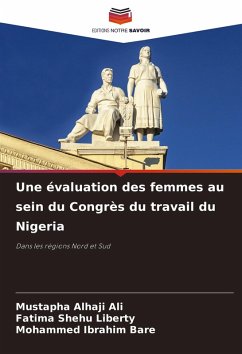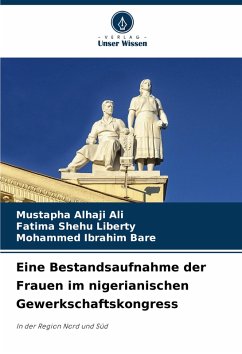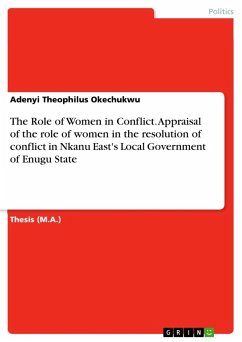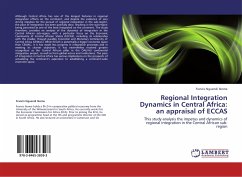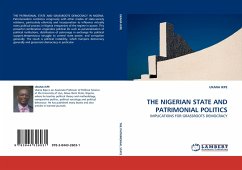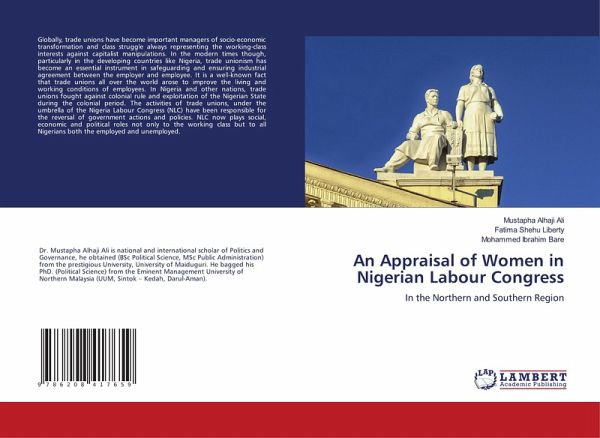
An Appraisal of Women in Nigerian Labour Congress
In the Northern and Southern Region
Versandkostenfrei!
Versandfertig in 6-10 Tagen
29,99 €
inkl. MwSt.

PAYBACK Punkte
15 °P sammeln!
Globally, trade unions have become important managers of socio-economic transformation and class struggle always representing the working-class interests against capitalist manipulations. In the modern times though, particularly in the developing countries like Nigeria, trade unionism has become an essential instrument in safeguarding and ensuring industrial agreement between the employer and employee. It is a well-known fact that trade unions all over the world arose to improve the living and working conditions of employees. In Nigeria and other nations, trade unions fought against colonial r...
Globally, trade unions have become important managers of socio-economic transformation and class struggle always representing the working-class interests against capitalist manipulations. In the modern times though, particularly in the developing countries like Nigeria, trade unionism has become an essential instrument in safeguarding and ensuring industrial agreement between the employer and employee. It is a well-known fact that trade unions all over the world arose to improve the living and working conditions of employees. In Nigeria and other nations, trade unions fought against colonial rule and exploitation of the Nigerian State during the colonial period. The activities of trade unions, under the umbrella of the Nigeria Labour Congress (NLC) have been responsible for the reversal of government actions and policies. NLC now plays social, economic and political roles not only to the working class but to all Nigerians both the employed and unemployed.





